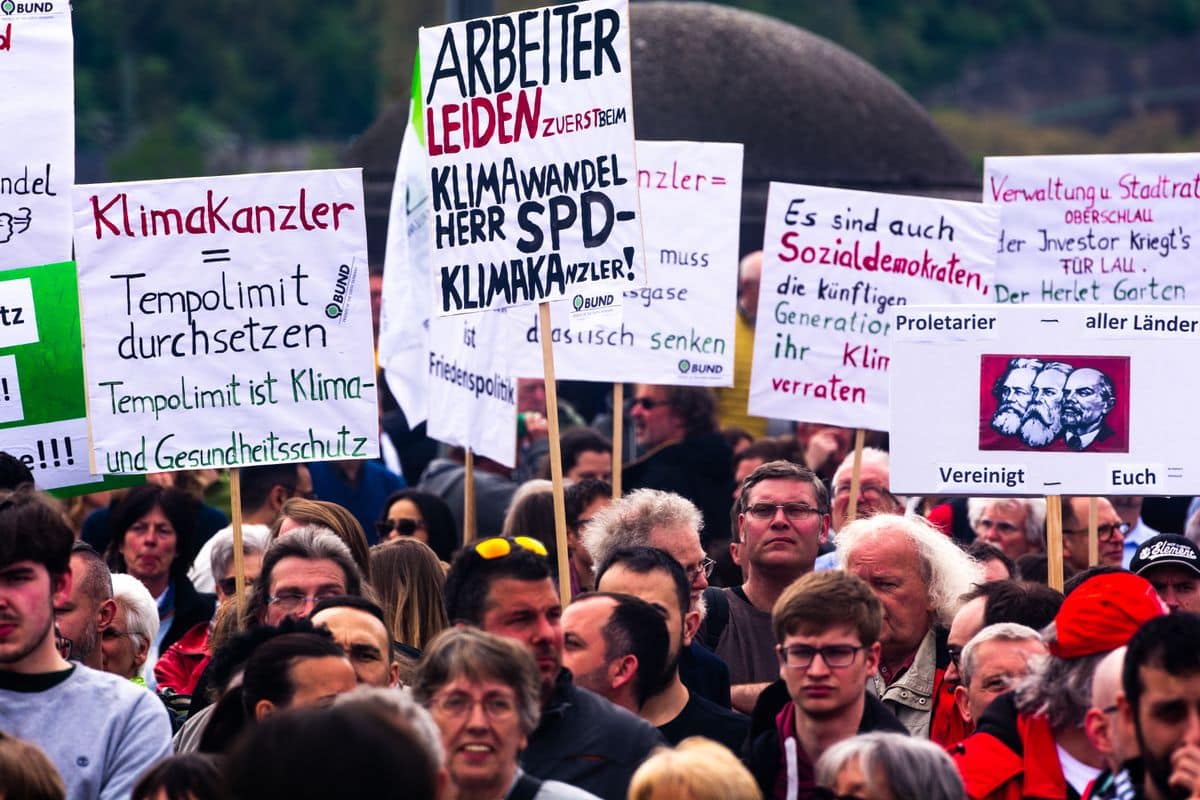The European Union (EU) finds itself at a critical juncture in its fight for the environment as it grapples with growing opposition to a landmark law aimed at restoring nature. The proposed legislation, known as the Nature Restoration Law, has been met with resistance from various quarters, threatening its implementation and potentially undermining the EU’s ambitious environmental goals.
The law, which forms a significant part of the EU’s green agenda, has been championed by the bloc’s progressive faction, which has been rallying support to ensure its passage. The legislation is seen as a crucial tool in reversing the degradation of natural habitats and biodiversity loss across the EU, issues that have been exacerbated by climate change and human activities.
However, the law has faced stiff opposition from conservative factions within the EU, who argue that the legislation imposes undue burdens on businesses and economies. Critics have also raised concerns about the potential impact on jobs and livelihoods, particularly in sectors such as agriculture and forestry, which could be significantly affected by the law’s provisions.
Despite these challenges, proponents of the law remain undeterred. They argue that the legislation is not only necessary for the preservation of the EU’s natural heritage but also crucial in the fight against climate change. Healthy ecosystems, they point out, play a vital role in sequestering carbon and mitigating the impacts of global warming.
The debate over the Nature Restoration Law comes at a time when the EU is grappling with the broader challenges of transitioning to a sustainable economy. The bloc has set ambitious targets for reducing greenhouse gas emissions and transitioning to renewable energy, but achieving these goals requires significant changes across all sectors of the economy.
The controversy surrounding the law also underscores the broader tensions within the EU over the direction of its environmental policy. While there is broad consensus on the need to address climate change and environmental degradation, disagreements persist over the best strategies and policies to achieve these goals.
As the EU continues to debate the future of the Nature Restoration Law, the outcome will not only shape the bloc’s environmental policy but also signal its commitment to tackling the pressing environmental challenges of our time.
Sources:





